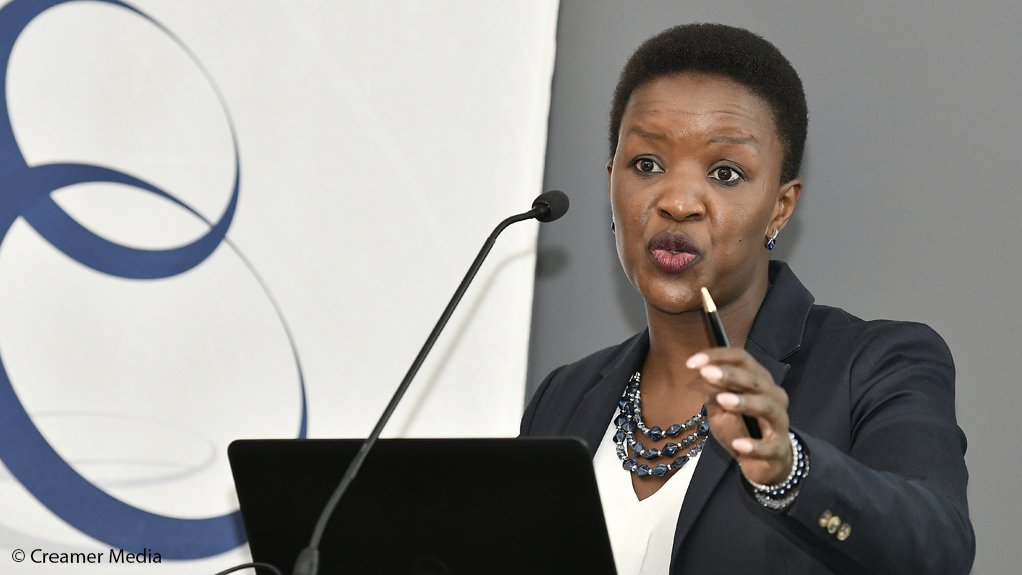Business Leadership South Africa (BLSA) CEO Busi Mavuso has lamented South Africa’s lack of a vaccine strategy and says that, with the end of the festive season, “it became clear” that the basics thereof had not been in development yet.
In her first weekly newsletter of 2021, she said that, unlike many other developed and developing countries, South Africa had not negotiated any “advance market commitments” with manufacturers to buy vaccines conditional on their successful approval following trials.
The only commitment from the South African government has been to the global Covax initiative to support developing countries with vaccine access, which would provide vaccines to cover only 10% of the population.
Unfortunately, the first payment was not made, highlighting the country’s lack of a vaccine strategy. This has since “shocked” government and the private sector into action, with government announcing recently that it had secured 1.5-million doses of the AstraZeneca vaccine from Indian producers.
While this is a start, Mavuso stressed that it is “far from enough”.
“This order will cover our 750 000 frontline health workers, but to get to the level of immunity needed for life to go back to normal we need to vaccinate upwards of 36-million people (60% of the adult population),” she noted, highlighting that this means the government “has a great deal further to go” in the procurement effort to get to this point.
Additionally, Mavuso disputed claims that South Africa’s slow development of a vaccine strategy is because it is unaffordable, noting that “the cost to the economy of not vaccinating is what is unaffordable”.
Government tax revenue in the current financial year, to February 28, 2021, is projected to be R300-billion lower than it had budgeted for originally, owing to the pandemic.
A full vaccine programme has been projected to cost around R12-billion, including the logistics of distribution.
“The real problem here is a management one. Our whole response to the pandemic has been fundamentally short-termist. That is understandable, we have been firefighting. But we seem to have ignored that while we are confronting the urgent and immediate challenges in dealing with the pandemic, we must simultaneously be applying ourselves to the medium- and long-term implications,” Mavuso lamented.
She added that a vaccine strategy “should have been worked out six months ago” and that “budget should have been set and procurement negotiations begun”.
“Short-termism has also characterised our general economic policy response. Short-term measures like the Unemployment Insurance Fund Temporary Employer/Employee Relief Scheme, social grants and tax payment holidays were introduced, but it took many months for an economic recovery package to emerge.
"This will only be worthwhile if it is implemented rapidly and we must plan for the new impact of the second wave and measures taken to get it under control.”
Mavuso, therefore, called for a “comprehensive strategy that empowers the right people to develop both the short- and longer-term measures”, which must include a comprehensive vaccination programme, as well as economic recovery steps.
EMAIL THIS ARTICLE SAVE THIS ARTICLE ARTICLE ENQUIRY
To subscribe email subscriptions@creamermedia.co.za or click here
To advertise email advertising@creamermedia.co.za or click here











